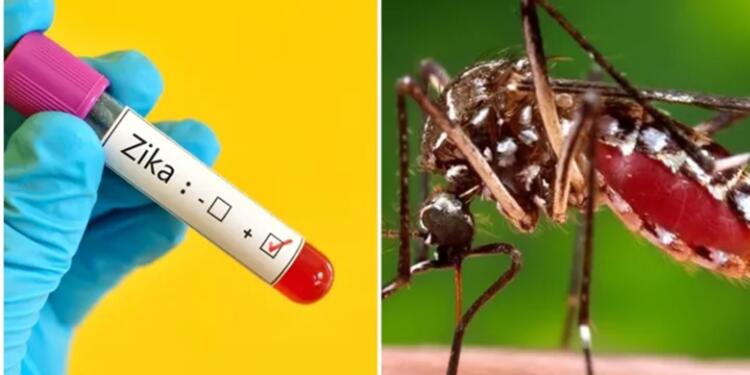Health officials confirmed on Monday that six Zika virus cases have emerged in Pune city. Among these, two involve pregnant women. One of the patients, a 28-year-old from Erandwane, tested positive for the Zika virus last Friday. Another woman, 12 weeks pregnant, received her diagnosis on Monday. Fortunately, both women are currently in good condition and are asymptomatic.
Concerns for Pregnant Women
Zika virus infection during pregnancy poses serious health risks. Notably, it can lead to microcephaly and other developmental issues in infants. This happens because the virus can cross the placental barrier and interfere with the fetal brain’s development.
Symptoms and Risks of Zika Virus
According to the World Health Organization (WHO), typical Zika virus symptoms include:
– Fever: Usually a low-grade fever below 102°F (38.9°C).
– Rash: Red spots and bumps that start on the face and spread to other body parts, often accompanied by itching.
– Joint Pain: Pain and swelling in the smaller joints, like those in the hands and feet.
– Conjunctivitis (Red Eyes): Red, irritated eyes similar to pink eye, but without pus.
– Muscle Pain: General muscle aches.
– Headache: Mild to moderate headaches.
– Fatigue: Persistent tiredness.
– Abdominal Pain: Sometimes a dull or sharp pain in the abdomen.
– Vomiting: Nausea and occasional vomiting.
– Eye Pain: Deep, aching pain behind the eyes.
For pregnant women, these symptoms can lead to more severe complications, such as pregnancy loss and congenital disabilities in newborns.
Preventive Measures Against Zika Virus
In response to the rising number of cases, Pune Municipal Corporation’s health department has ramped up preventive measures. These include mosquito control efforts like fogging and fumigation. Pregnant women living in or traveling to affected areas are advised to seek immediate medical consultation and regular monitoring to detect and manage Zika virus infection early.
Treatment and Management of Zika Virus Infection
Currently, there is no specific antiviral treatment for Zika virus infection. Management focuses on alleviating symptoms and preventing further transmission:
– Rest and Hydration: Staying well-rested and hydrated is crucial, especially if experiencing vomiting or diarrhea.
– Pain Relief: Over-the-counter pain relievers can help with headaches and muscle pain.
– Preventing Mosquito Bites: Staying indoors during peak mosquito activity, using insect repellents containing DEET, wearing long sleeves and pants, and using mosquito nets can all help reduce the risk of bites.
Special Considerations for Pregnant Women
Pregnant women should promptly seek medical advice if they suspect a Zika virus infection due to the severe risk of birth defects like microcephaly. Regular prenatal care and monitoring are essential to detect any potential complications early.
– Medical Attention: Seek medical attention if symptoms worsen or if there are concerns about potential complications. Healthcare providers can offer guidance and support for managing symptoms effectively.
– Public Health Recommendations: Follow local public health advisories and recommendations, especially during outbreaks, to minimize the risk of infection and spread of Zika virus.
Background and Ongoing Efforts
The Zika virus, discovered in Uganda in 1947, is primarily transmitted through the bite of Aedes mosquitoes, which are also known carriers of dengue and chikungunya viruses. To curb mosquito breeding and reduce the risk of further Zika virus transmission, the Pune Municipal Corporation continues to enhance surveillance and preventive measures.
While Zika virus infection usually causes mild symptoms that resolve within a week for most people, pregnant women and those planning to conceive should take extra precautions due to the severe risks to fetal development and birth defects.
























